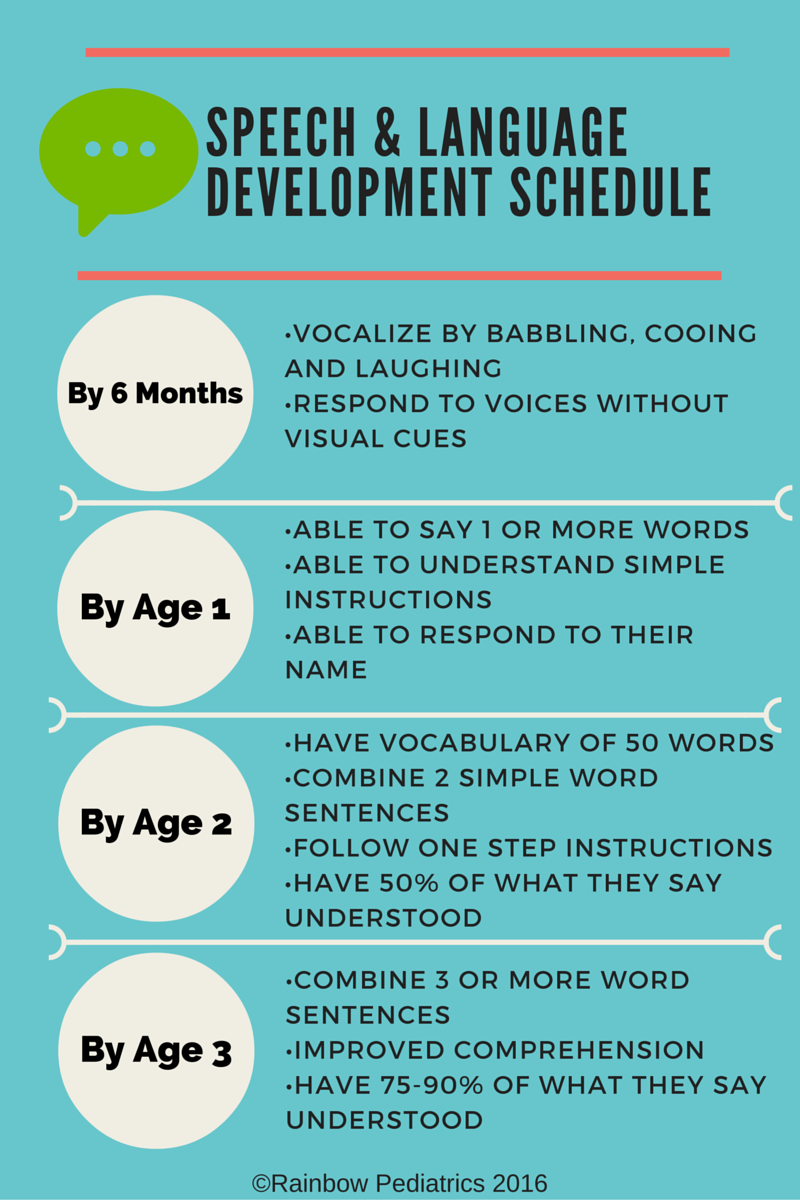
Table of Contents
Introduction
Babies are cute and adorable, and one of the most exciting things about them is watching them grow and develop. Speech is an essential aspect of human communication, and as parents, we all want our babies to start speaking as early as possible. In this article, we’ll discuss baby speech development, what milestones to expect, and how you can help your baby develop their language skills.
The First Year
In the first year of life, your baby will go from crying to making cooing, babbling, and gurgling sounds. These sounds are their way of communicating with you and letting you know how they feel. Babies can recognize their parents’ voices from birth and will respond to them by turning their heads, smiling, or making eye contact.

By six months of age, your baby will start to make more complex sounds, like combining vowels and consonants. They may say simple words like “mama” or “dada,” but they won’t necessarily associate these words with their parents yet.
The Second Year
Between the ages of 12 and 24 months, your baby’s language skills will develop rapidly. They will start to point to objects and say the names of things they see. They’ll also start to understand simple commands and will be able to follow directions like “come here” or “give me the ball.”

By the end of their second year, your baby will be able to use simple two-word phrases like “bye-bye,” “more juice,” or “my toy.” They’ll also start to use pronouns like “mine” or “yours” and will be able to identify a few body parts and common objects.
How You Can Help Your Baby’s Speech Development
As a parent, you play an essential role in your baby’s speech development. Here are some tips to help your baby develop their language skills:
- Talk to your baby frequently in a clear, slow, and happy voice. Describe what you’re doing, what you see, or what you’re going to do next.
- Read books together with your baby. Point to the pictures, name the objects, and ask simple questions.
- Sing songs and nursery rhymes with your baby. This will help them learn new words, develop their memory skills, and have fun.
- Use gestures and facial expressions to communicate with your baby. Smile, nod your head, shake your head, or point to objects to help your baby understand what you’re saying.
- Play games with your baby that involve talking and listening. For example, play “peek-a-boo” or “where’s the toy?” This will help your baby develop their attention and listening skills.





When to Be Concerned
Every baby develops at their own pace, and some may start speaking earlier or later than others. However, if you’re concerned about your baby’s speech development, here are some signs to look out for:
- Your baby doesn’t respond to their name or other familiar sounds.
- Your baby doesn’t make any sounds by six months of age.
- Your baby doesn’t babble or make any consonant sounds by 12 months of age.
- Your baby doesn’t use gestures like pointing or waving by 12 months of age.
- Your baby doesn’t say any words by 18 months of age.
If you notice any of these signs or have any concerns about your baby’s speech development, speak to your pediatrician or a speech therapist.
Conclusion
Baby speech development is an exciting and essential aspect of your baby’s growth and development. By talking to your baby frequently, reading books, singing songs, using gestures, and playing games, you can help your baby develop their language skills. Remember that every baby develops at their own pace, so don’t be too concerned if your baby doesn’t start speaking as early as others. However, if you have any concerns, don’t hesitate to speak to your pediatrician or a speech therapist.
Frequently Asked Questions
What are some signs that my baby is ready to start speaking?
Your baby will start to make more complex sounds like combining vowels and consonants. They may say simple words like “mama” or “dada,” but they won’t necessarily associate these words with their parents yet.
What can I do to help my baby develop their language skills?
Talk to your baby frequently in a clear, slow, and happy voice. Read books together with your baby. Sing songs and nursery rhymes with your baby. Use gestures and facial expressions to communicate with your baby. Play games with your baby that involve talking and listening.
When should I be concerned about my baby’s speech development?
If your baby doesn’t respond to their name or other familiar sounds. Your baby doesn’t make any sounds by six months of age. Your baby doesn’t babble or make any consonant sounds by 12 months of age. Your baby doesn’t use gestures like pointing or waving by 12 months of age. Your baby doesn’t say any words by 18 months of age.
What should I do if I’m concerned about my baby’s speech development?
If you have any concerns about your baby’s speech development, speak to your pediatrician or a speech therapist.
What if my baby starts speaking later than others?
Remember that every baby develops at their own pace, so don’t be too concerned if your baby doesn’t start speaking as early as others. However, if you have any concerns, don’t hesitate to speak to your pediatrician or a speech therapist.
